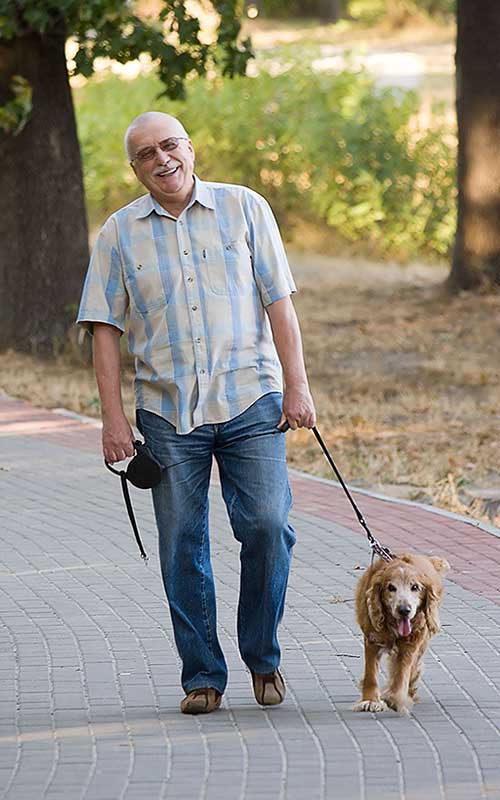
There are many constraints commonly voiced by NRIs when they are discussing ways to take care of their ageing parents back in India, especially after some medical event has made their parents less independent than before. Many of these constraints do not take into consideration ground realities and what is best for their parents. This article lists some of these contraints raised in order to highlight the fact that it is important for the NRIs to understand that the situation has changed and they and their parents need to adapt to the new circumstances.
1. My parents don’t want to leave the house/area they are currently living in.
This is one of the commonest requests. “My parents have always been independent and capable of looking after themselves. However, since my father had his operation/ has become bedridden, things have become very difficult for them to manage on their own. However, they don’t want to move out of their house“.
If one or both of your ageing parents are living in an independent house or even an apartment and are no longer capable of managing their daily living activities, and there is no one else to help them, then you should have all options on the table, including the possibility of moving into a care centre (if available).
2. We don’t want a full-time live-in person as it will impact their privacy. Is it not enough for someone to come only for the morning/night?
Having someone around 24 x 7 is absolutely essential if your parents’ capacity to look after themselves is diminished. If you have someone during the day and no one at night, what happens if your mother needs to go to the bathroom in the middle of the night? Or has breathing difficulties? Or requires water to drink? Or has some other medical emergency?
If you have someone at night but not during the day, who will help them bathe, eat, and perform other daily living activities.
3. We don’t mind having 2 shifts one coming in the morning and one coming in at night, but they should bring their own food and not use our bathrooms.
If you have two people working round the clock, then you are talking about two 12-hour shifts. So let us say, one comes in and stays from 8 AM to 8 PM, and the other comes in at 8 PM to 8 AM next morning. It is going to be extremely difficult for them not to have at least one meal and some coffee/tea during their 12-hour period. Or use the rest room for that matter. Would you work under such conditions? And even if somebody is willing to, do you think they will be able to give the kind of care you expect for your parents?
4. Not understanding recovery periods.
“My mother broke her hip and has had her operation. I am here to look after her. I am sure she will be back on her feet in a month and I can go back. Nothing needs to change“.
Yeah! Right!
As people get older, recovery takes longer. And even after they recover, they are unlikely to get back to their old independent self. At least not in the majority of the cases. Face the facts. Things have changed. You have to deal with it.
5. My parents only eat what they have cooked.
Well, if they are no longer able to cook, then they have no other option but to hire a cook or order food from outside. Can you think of any other option?
Well, we aren’t here to dismiss your constraints and worries. You are far away from your parents and neither party can move in with the other. These are ground realities. Everyone knows you as an NRI would find it extremely difficult if not impossible to uproot yourself from home, family and career to come back to India to look after your parents. Just don’t let that guilt stop you from making other hard decisions. Put your foot down where you need to, and make the changes that you have to. If it costs you more, well, just figure out a way of taking care of it. The well-being of your ageing parents is still your responsibility.
 Every week we get calls from around the world asking us the same question. “Can you recommend someone who would look after our ageing parents back in India?”.
Every week we get calls from around the world asking us the same question. “Can you recommend someone who would look after our ageing parents back in India?”.